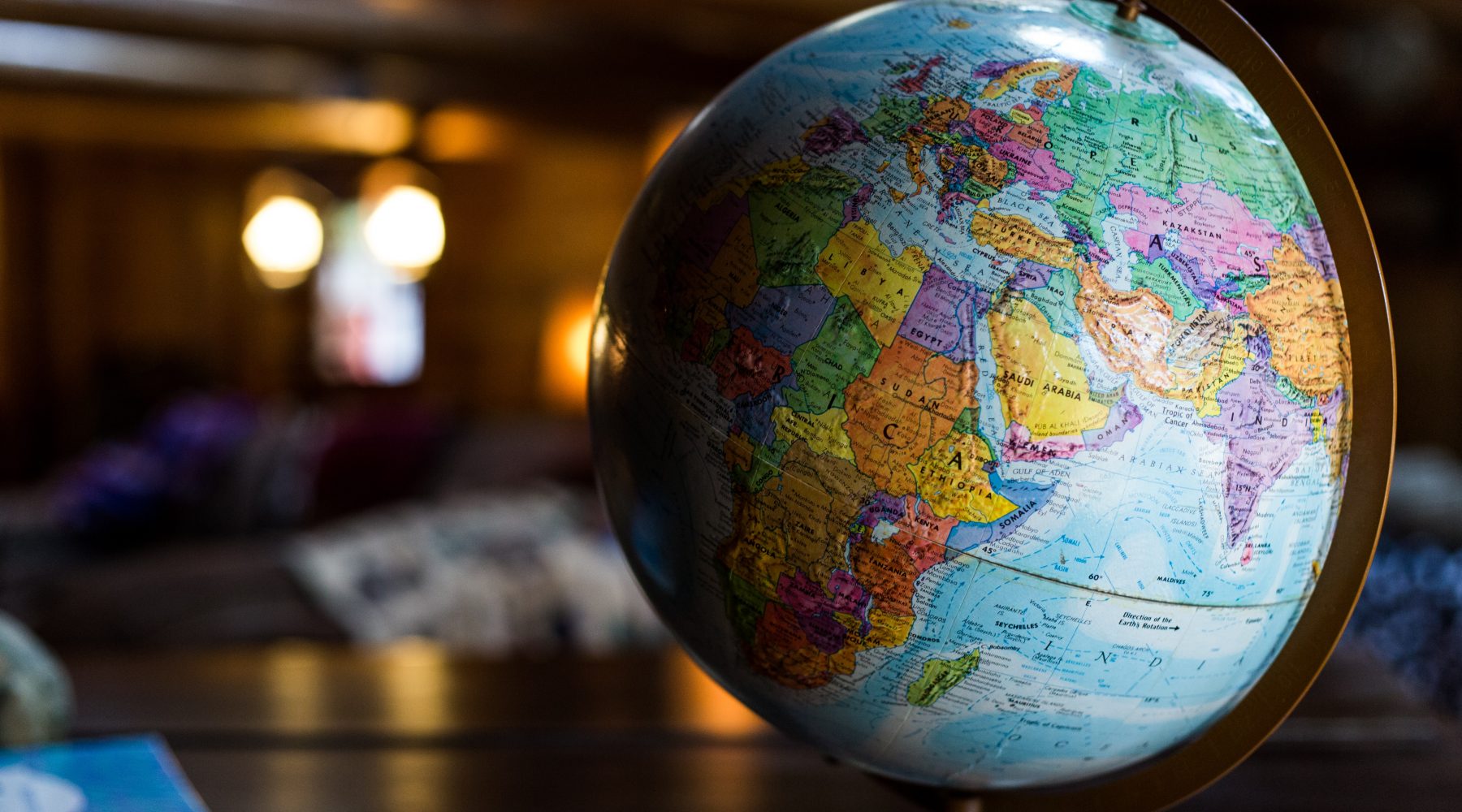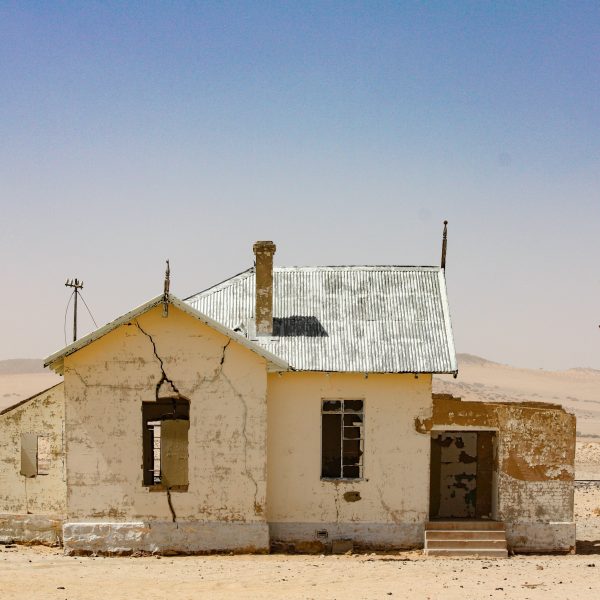Global approach needed to scale up distance learning

With 87 per cent of the world affected by educational disruption as a result of the COVID-19 pandemic, UNESCO has launched a global education coalition to support countries in scaling up their distance learning options to ensure children who are most vulnerable are supported.
Although school closures have rightly attracted a lot of attention, the disruption to the routine and learning of younger children, including those educated in early childhood education and care (ECEC) contexts, applies to this discussion in a broader sense.
“Never before have we witnessed educational disruption on such a scale,” said UNESCO Director-General Audrey Azoulay. “Partnership is the only way forward. This Coalition is a call for coordinated and innovative action to unlock solutions that will not only support learners and educators now, but through the recovery process, with a principle focus on inclusion and equity.”
Governments around the world, along with education providers, have been deploying distance learning solutions and grappling with the complexity of provisioning education remotely, from delivering content and supporting educators to provide guidance to families and address connectivity challenges.
Equity is the paramount concern because closures disproportionately hurt vulnerable and disadvantaged students who rely on schools for a range of social services, including health and nutrition, UN High Commission for Refugees Special Envoy Angelina Jolie said.
UN Deputy Secretary General Amina Mohamed expressed the UN’s full commitment to the Coalition, warning that “for millions of children and youth from disadvantaged backgrounds, closures could mean the loss of a vital safety net – of nutrition, protection and emotional support.”
“This is not a time to deepen inequalities. It is a time to invest in education’s power to transform. As we embark on the decade of action of the 2030 Sustainable Development Agenda, our responsibility as a global community is to leave absolutely no one behind” she added.
Multilateral partners, including the International Labor Organisation, the UN High Commission for Refugees, The United Nations Children’s Fund (UNICEF), the World Health Organisation, the World Bank, the World Food Programme and the International Telecommunication Union, as well as the Global Partnership for Education, Education Cannot Wait, the OIF (Organisation Internationale de la Francophonie) the Organisation for Economic Cooperation and Development, and the Asian Development Bank have joined the Coalition, stressing the need for swift and coordinated support to countries in order to mitigate the adverse impacts of school closures, in particular for the most disadvantaged.
The private sector, including Microsoft, GSMA, Weidong, Google, Facebook, Zoom, KPMG and Coursera have also joined the Coalition, contributing resources and their expertise around technology, notably connectivity, and capacity strengthening. Companies using learner and educational data have committed to uphold ethical standards.
Philanthropic and non-profit organisations, including Khan Academy, Dubai Cares, Profuturo and Sesame Street are also part of the Coalition, mobilizing their resources and services to support schools, teachers, parents and learners during this time of unparalleled educational disruption.
With its emphasis on equity and gender equality, the Global Education Coalition will respond to countries’ specific needs, as envisaged during the meetings of Education Ministers convened by UNESCO. It will endeavor to match needs with free and secure solutions, bringing partners together to address connectivity and content challenges among others.
It will provide digital tools and learning management solutions to upload national digitised educational resources, and curate resources for distance learning and strengthen technical expertise using a mix of technology and community approaches, depending on local contexts. In all interventions, special attention will be placed on ensuring data security and protecting the privacy of learners and teachers.
Specifically, the Coalition aims to:
- Help countries in mobilising resources and implementing innovative and context-appropriate solutions to provide education remotely, leveraging hi-tech, low-tech and no-tech approaches
- Seek equitable solutions and universal access
- Ensure coordinated responses and avoid overlapping efforts
- Facilitate the return of students to school when they reopen to avoid an upsurge in dropout rates.
“We are working together to find a way to make sure that children everywhere can continue their education, with special care to the most vulnerable and disadvantaged communities,” said Tedros Adhanom Ghebreyesus, Director-General of the World Health Organisation, in a video message marking the Coalition’s launch, together with UNESCO Director-General and other personalities.
To learn more about the work of the Coalition, please see here.
Popular

Practice
Provider
Quality
Research
Workforce
New activity booklet supports everyday conversations to keep children safe
2025-07-10 09:00:16
by Fiona Alston

Quality
Practice
Provider
Research
Workforce
Honouring the quiet magic of early childhood
2025-07-11 09:15:00
by Fiona Alston

Quality
Practice
Provider
Workforce
Reclaiming Joy: Why connection, curiosity and care still matter in early childhood education
2025-07-09 10:00:07
by Fiona Alston












